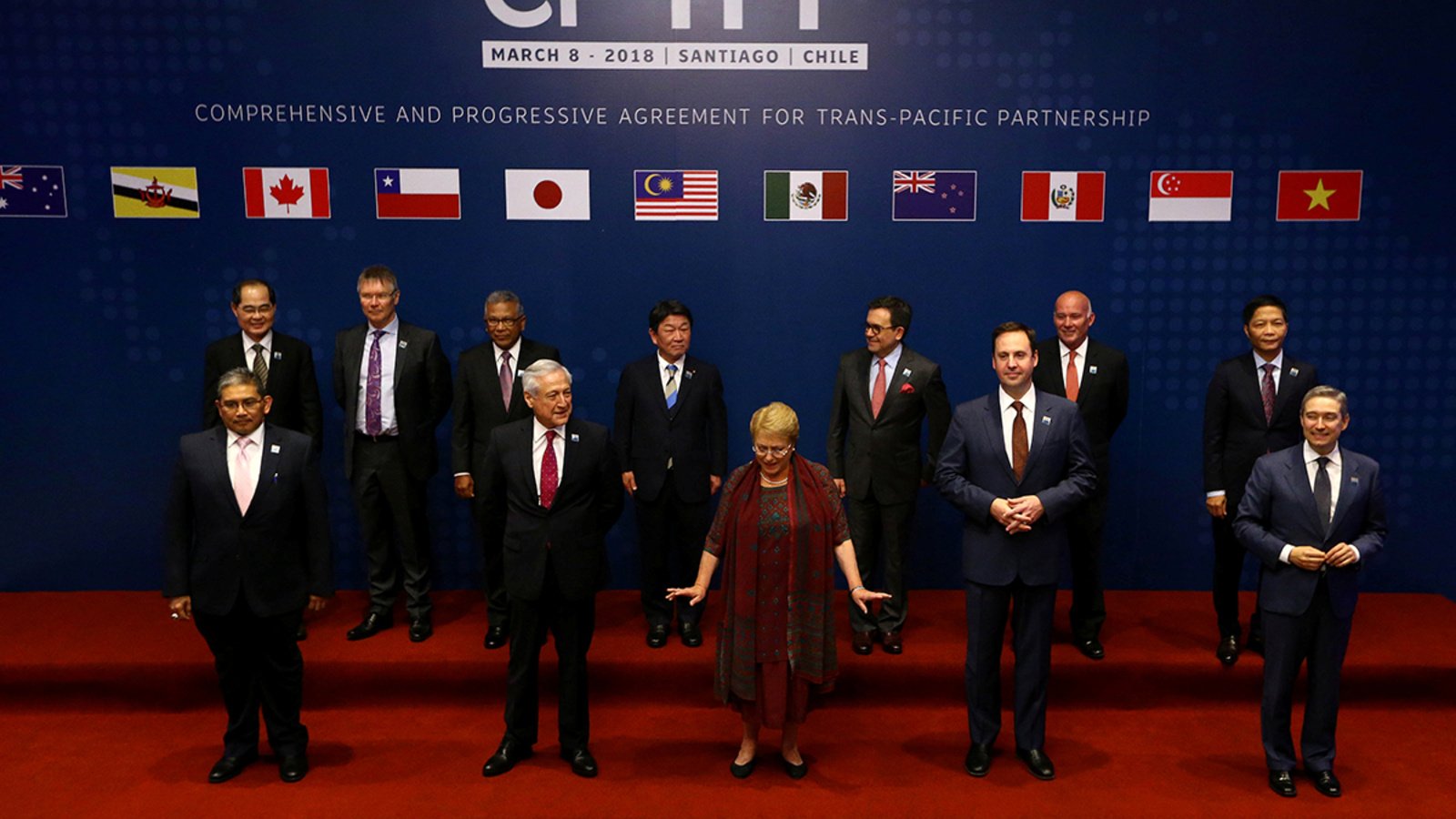Chile announced on Tuesday the entry into force of the Trans-Pacific Economic Cooperation Agreement, known as TPP-11, with which the South American country becomes a full member of the treaty with the Australia, Brunei, Canada, Japan, Malaysia, Mexico, New Zealand, Peru, Singapore and Vietnam.
This caps more than four years of processing this agreement in the country, which was promoted and signed in March 2018 during the second term of then President Michelle Bachelet (2014-2018) and was only approved by the Chilean Senate as 9/11. under the government of President Gabriel Boric who, as a deputy, opposed this commercial instrument.
The Trans-Pacific Economic Cooperation Agreement or Comprehensive and Progressive Agreement for Trans-Pacific Partnership is considered the third largest free trade agreement on the planet, with 13% of global GDP. It entered into force in December 2018 and involves tariff reductions for hundreds of products among its 11 member countries. In addition, it establishes labor, gender and environmental commitments.
The promoters point out that this instrument opens a market for Chile of 500 million people and zero customs duties for hundreds of its products.
Boric postponed the ratification of the treaty, arguing the need for bilateral negotiations with member countries in order, according to him, to cushion the impact of mechanisms deemed harmful such as the settlement of disputes, among others.
The Under-Secretary for International Economic Relations – an agency dependent on the Ministry of Foreign Affairs – indicated that to date, six instruments have been signed, some already signed and others in final process with five countries: Australia, Canada, Malaysia, Mexico and New Zealand.
The Foreign Office said in a statement that it will “continue to work with its trading partners” and in other international spaces to “move forward in the reform and modernization of investor-state dispute settlement mechanisms”, one of the most controversial points of the treaty.

